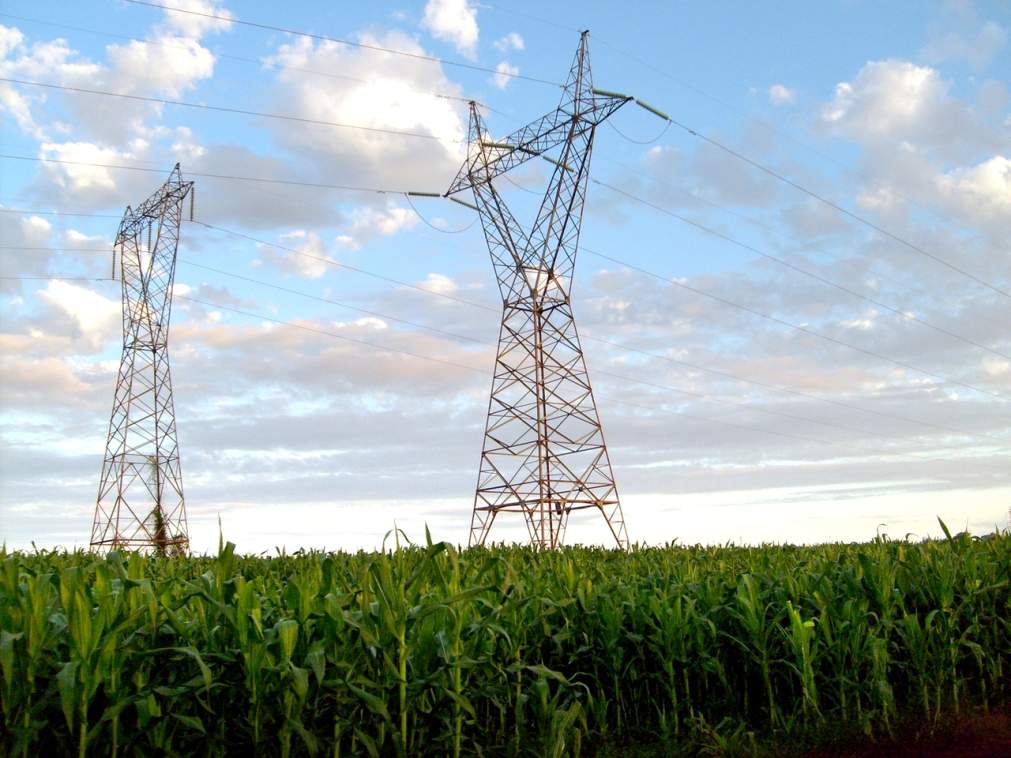Eskom and Agence Française de Développement (AFD) have signed a ZAR1.5bn (€90m) loan to support Eskom’s investment to strengthen and expand its power transmission grid in South Africa.

Image: Eskom secures loan from ADF. Photo: Courtesy of Wander Lima/FreeImages.com
Eskom stated that this is the first tranche of the ZAR6.5bn (€400m) multi-tranche loan facility signed between the two institutions last year.
Eskom Group CEO Phakamani Hadebe said: “This multi-tranche loan facility will contribute to Eskom’s plans to strengthen and refurbish the transmission infrastructure while diversifying our funding structures.
“AFD remains part of a core of longstanding partners to Eskom, and we regard the signing of this loan agreement as a formal yet symbolic gesture of a sustainable partnership in aiding Eskom to enhance the security of supply, and stabilise the power systems in South Africa.”
As per Eskom, the transmission system plays an important role in supplying electricity the country. This loan will be used for financing the Namaqualand Strengthening Phase 2: Juno Gromis Project.
The loan from AFD aims to support Eskom’s investment policy towards strengthening its high-voltage electricity network, to ensure planned or under-construction renewable energy sources to integrated into the grid.
This is in line with the company’s Transmission Development Plan 2019-2028 (TDP) to invest ZAR91bn (€5.5bn) to build 6, 535km of high voltage lines, and to install 45 of 900MVA of additional transmission capacity.
AFD regional director Bruno Deprince said: “AFD’s funding to Eskom reaffirms our commitment to support the public utility’s efforts to diversify its energy mix, which will ultimately strengthen its capacity to respond to the growing energy needs of South Africa while addressing the climate change challenges attached to it.
“This funding also demonstrates our support to Eskom in a period of transition and recovery.”
The two institutions have been partnering since 2011. They have collaborated on power transmission projects in Kwa-Zulu Natal, Limpopo and Eastern Cape provinces; the construction of the 100 MW SERE wind farm in the Western Cape province, in the past.
